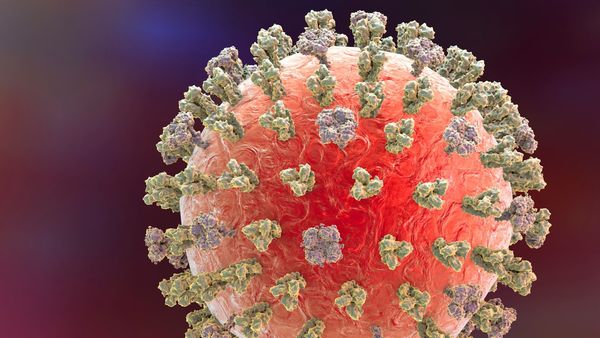
Paris (AFP) - Iranian authorities on Wednesday ordered an investigation into a video showing officers savagely beating a protester that rights groups said exposed the brutality of the crackdown on demonstrations sparked by Mahsa Amini's death.
The Islamic republic has been rocked by over six weeks of unrest following the death of Amini, 22, who had been arrested by Tehran's morality police.The movement is now seen as the biggest challenge to the country's leaders since the 1979 revolution.
Activists say dozens have been killed and thousands arrested nationwide in a crackdown by the security forces, who have been accused of firing on protesters at close range, bludgeoning them with batons and other abuses.
Footage that appeared late Tuesday on social media, shot at night on a mobile phone purportedly in a district of Tehran, showed a squad of around a dozen policemen in an alley kicking and beating a man with their batons, as other officers on motorbikes looked on.
The man initially tries to cover his head with his hands, before the sound of a gunshot is heard and he is run over by a police motorbike.His motionless body is then abandoned.
"This shocking video sent from Tehran is another horrific reminder that the cruelty of Iran's security forces knows no bounds," Amnesty International said, adding that police appeared to have a "free rein" to use violence.
Iran's police force announced in a statement that an order had been issued to "investigate the exact time and place of the incident and identify the offenders".
"The police absolutely do not approve of violent and unconventional behaviour and will deal with the offenders according to the rules," added the statement published by state news agency IRNA.
'Terrorise the people'
According to an updated death toll issued Wednesday by the Norway-based group Iran Human Rights, 176 people have been killed in the crackdown on protests sparked by Amini's death.
Another 101 people have lost their lives in a distinct protest wave in Zahedan in the southeastern Sistan-Baluchistan province.
Supreme leader Ayatollah Ali Khamenei, who has issued only rare comments on the protests, accused the United States of seeking to manipulate Iranians by supporting the demonstrations.
Thousands have been arrested nationwide, rights activists say, while Iran's judiciary has said 1,000 people had already been charged over what it describes as "riots".
The trial of five men charged with offences that can carry the death penalty over the protests opened Saturday in Tehran.
"The charges and sentences have no legal validity and their sole purpose is to commit more violence and create societal fear," said IHR director Mahmood Amiry-Moghaddam, condemning the "show trials".
Hadi Ghaemi, head of the New York-based Center for Human Rights in Iran, warned that courts handing down death sentences would be a "blatant attempt to terrorise the Iranian people into silence".
Activists condemned as a forced confession a video published by state-run Iranian media of Toomaj Salehi, a prominent rapper arrested at the weekend after backing the protests, in which a blindfolded man saying he is Salehi admits to making "a mistake".
Freedom of expression group Article 19 said it was "extremely disturbed Iran state media are sharing forced confessions" with the subject "under clear duress".
'Regime in a bind'
Amini's family says her death was caused by a blow to the head while in custody.The Iranian authorities contested this explanation and later denied it in an official medical report.
The protests were fuelled by anger over Iran's strict Islamic dress code for women which the police who arrested Amini were enforcing.
They have become a rallying point for popular anger against the regime that has ruled Iran since the fall of the shah in 1979.
The regime's challenges are compounded by the custom in Iran to mark 40 days since a person died, turning every "chehelom" mourning ceremony for the dozens killed in the crackdown into a potential protest flashpoint.
"This places the regime in a bind: they run the risk of inadvertently sustaining the protest movement in attempting to violently suppress it," said Kita Fitzpatrick, Iran analyst at the Critical Threats Project of the American Enterprise Institute.
On Wednesday, US Vice President Kamala Harris saluted the "bravery" of the women-led protests, as she said Washington would work to remove Iran from the UN Commission on the Status of Women.
"Iran has demonstrated through its denial of women's rights and brutal crackdown on its own people that it is unfit to serve on this Commission," Harris said.







